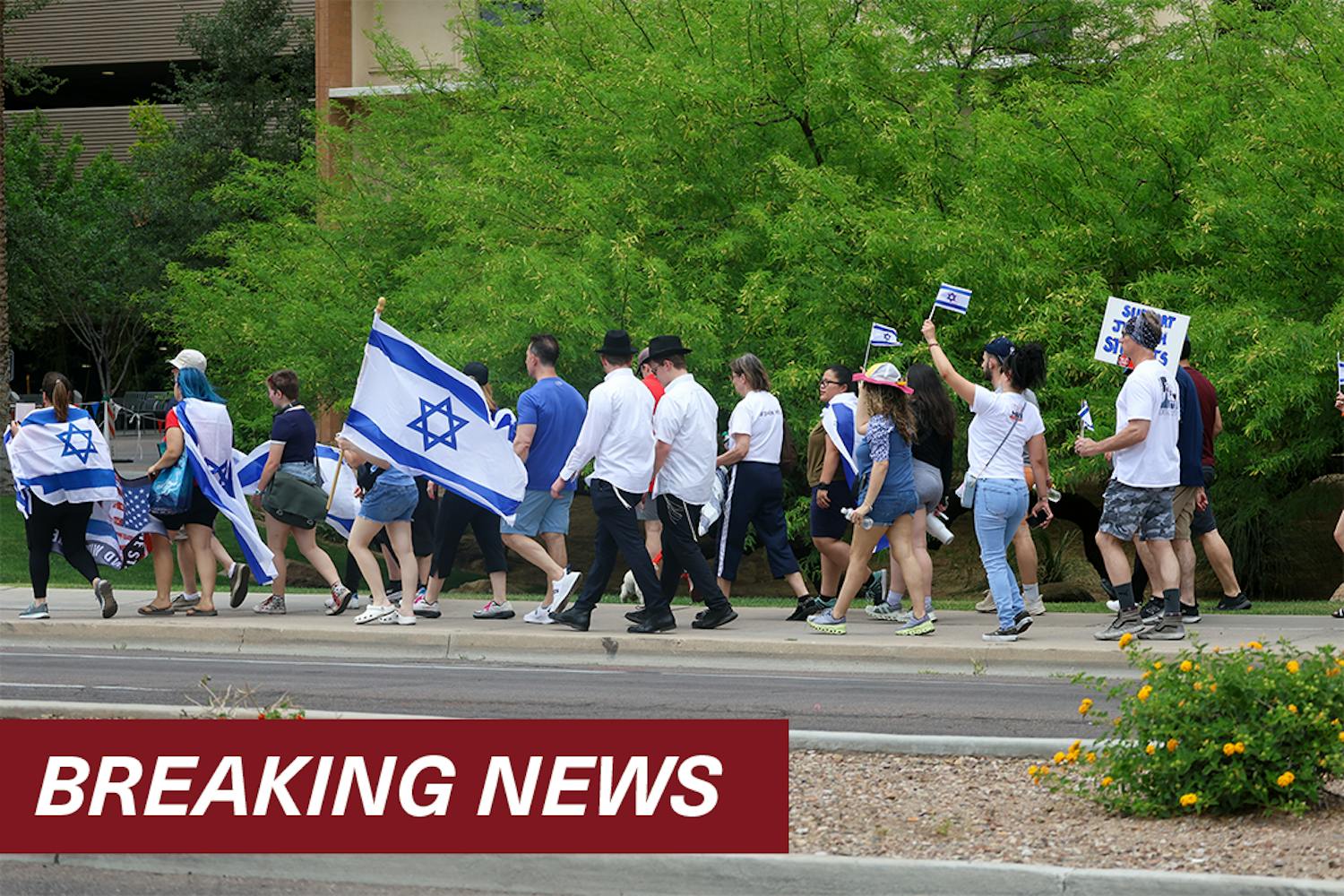Last week’s Vice Presidential debate between Paul Ryan and Vice President Joe Biden was indeed “historic,” as moderator Martha Raddatz stated. It not only pitted two Catholic individuals against each other, it pitted two ideologues regarding the role of faith in the public square.
Biden, who claims to be Catholic, admitted that he accepts the Catholic Church’s judgment regarding the moment of conception in his personal life, yet refuses to “impose” that belief on others of different faiths. This line of action follows former President John F. Kennedy’s speech 52 years ago to a gathering the Greater Houston Ministerial Association, where he championed an “absolute” separation between church and state.
In contrast, Ryan noted that he did not “see how a person could separate their public life from their private life, or from their faith.” This may be interpreted by some, namely Biden, as an attempt to impose one’s religious doctrine upon the citizens of this country.
A closer look, however, will reveal that Ryan’s bold assertion finds traction within the thoughtfully worded language of the First Amendment. This document explicitly states, “Congress shall make no law respecting an establishment of religion, or prohibiting the free exercise thereof.”
The privilege to freely exercise one’s religion (or lack of) is not a right that ought to be taken for granted. Throughout history, there are examples of government regimes suppressing the freedoms of the people they claim to protect. The Spainish persecuting Muslims in the Catholic Inquisition, the Nazi's oppression of Jews in Germany and the Mexican government’s early 20th Century oppression of Catholics serve as reminders of what can happen when governments ignore basic human liberties.
While it is perhaps convenient to make the argument that politicians in a secular government have no right to bring their faith-based convictions into the public square, this argument lacks substance. It undermines the basic rights that are fundamentally necessary to the democratic process. If individuals are prohibited from fully practicing their religious obligations, then we should certainly be fearful for the future of democracy.
In the true spirit of democracy, all ideas should be respected and thoughtfully considered before they are categorized as irrelevant or invasive. Those who discredit Mr. Ryan’s philosophy regarding the role of one’s faith in the public square, without thorough consideration, actually demoralize the very principles they seek to preserve.
A call for Ryan to set aside his faith in the public arena is a request to forsake conscience for convenience. As a faithful Catholic, Ryan has the responsibility to live out his faith in all arenas of life. If he failed to do so, he would reject the very principles in which he professes to believe.
A failure to consider the validity of Ryan’s argument diminishes the hope that one can freely share and carry out ideas in a public forum. This was the true hope of our Founding Fathers when they spoke of religious freedom, a noble idea that has been misconstrued and misinterpreted by judges and politicians for the sake of, as former President John F. Kennedy stated, “absolute” separation of church and state.
In truth, faith without action is no faith at all, just as a government without inclusion is no authentic democracy.
Reach the columnist at mrrich2@asu.edu or follow him at @cshmneyrichard
Read Christa Jackson's original point here.
Want to join the conversation? Send an email to opiniondesk.statepress@gmail.



